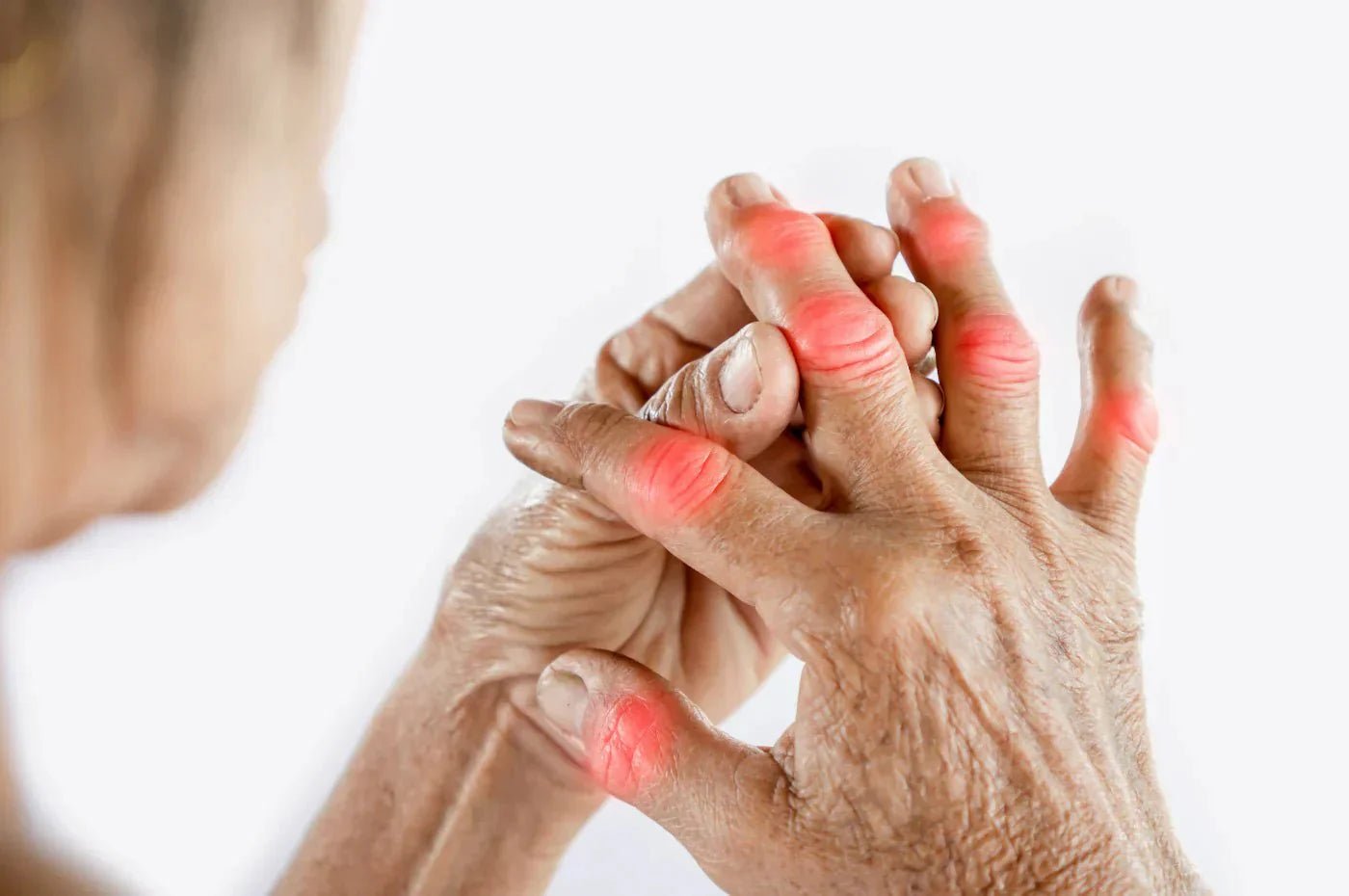Joint discomfort can range from mild soreness to severe, debilitating pain. While many people associate joint pain with arthritis, not all pain stems from this condition. Understanding the differences between joint pain and arthritis is crucial for proper management and treatment. This article delves into the causes, symptoms, and distinctions between these conditions to help you make informed decisions about your health.
What Is Arthritis?
Arthritis, by definition, refers to inflammation in one or more joints. The term is derived from the Greek words "arthro" (joint) and "itis" (inflammation). While inflammation is the hallmark of arthritis, not all joint inflammation is chronic or cause for alarm.
The classic type of arthritis, osteoarthritis, involves the gradual erosion of cartilage—the smooth tissue covering the ends of bones in a joint. Over time, as the cartilage wears away, bones begin to rub against each other, leading to pain, stiffness, and reduced mobility. Osteoarthritis is the most common form of arthritis and a frequent reason for joint replacement surgeries.
Causes of Joint Pain Beyond Arthritis
Not all joint pain is indicative of arthritis. Temporary or non-inflammatory conditions can also cause joint soreness. Common causes include:
Infections:
- Influenza
- Pneumonia
- COVID-19 and Long COVID
Conditions Leading to Temporary Inflammation:
- Reactive arthritis
- Menopause-related hormonal changes
- Gout (caused by uric acid crystal buildup)
Chronic Conditions:
- Chronic fatigue syndrome
- Fibromyalgia
- Autoimmune disorders like lupus, rheumatoid arthritis, or ankylosing spondylitis
Overuse or Injury:
- Activities that strain muscles, tendons, or ligaments
- Micro-tears in muscles from overexertion
Other Medical Conditions:
- Psoriatic arthritis
- Cancer affecting bones or nearby tissues
- Joint Pain vs. Arthritis: Key Differences
Though both conditions can cause discomfort, there are distinctions in symptoms that can help identify whether joint pain is due to arthritis or another cause. Use the table below to differentiate:
|
Feature |
Joint Pain |
Arthritis |
|
Duration |
Temporary, lasting days or weeks |
Often chronic, lasting months or years |
|
Cause |
Overuse, injury, or temporary illness |
Inflammation, cartilage erosion, or autoimmune disease |
|
Pain Type |
General soreness, often mild |
Persistent, sharp, or severe |
|
Swelling |
Minimal to none |
Often noticeable with stiffness |
|
Stiffness |
Mild and improves with rest |
Significant, especially after inactivity |
|
Redness/Warmth |
Rare |
Common in inflammatory arthritis |
When to Seek Medical Advice
Joint soreness from overuse or minor injuries typically resolves with rest, hydration, and proper care. However, specific symptoms warrant medical attention:
- Persistent pain lasting more than a few weeks
- Swelling, redness, or warmth around the joint
- Significant stiffness, especially in the morning
- Sudden, severe pain in one or more joints
- Joint deformities or reduced range of motion
A physician can help determine if your symptoms stem from arthritis or another condition and recommend appropriate treatments.
Managing Joint Pain and Arthritis
For Joint Soreness:
- Rest the affected joint.
- Apply ice or heat for temporary relief.
- Practice gentle stretching and strengthening exercises.
- Use over-the-counter pain relievers if necessary.
For Arthritis:
- Follow a tailored treatment plan, including physical therapy, medications, or surgery.
- Maintain a healthy weight to reduce joint stress.
- Incorporate anti-inflammatory foods like omega-3-rich fish and leafy greens into your diet.
- Stay physically active with low-impact exercises like swimming or yoga.
Cannabis for Managing Arthritis Pain
Research suggests that cannabis compounds, particularly CBD and THC, may help manage arthritis pain and inflammation through interaction with the body's endocannabinoid system. Studies indicate that cannabis can potentially reduce joint pain, decrease inflammation, and improve sleep quality for some arthritis patients. Qurist CBD oil is favorite amongst Arthritis Patient, you can try the THC Free Cannabis oil for managing the arthritis pain.
Final Thoughts
Understanding the difference between joint pain and arthritis is essential for identifying the root cause of your discomfort and seeking timely treatment. While temporary joint pain is often manageable with rest and care, arthritis requires a more comprehensive approach to prevent further damage and maintain quality of life. Always consult a healthcare professional if you're unsure about your symptoms or need a proper diagnosis.





Leave a comment
All comments are moderated before being published.
This site is protected by hCaptcha and the hCaptcha Privacy Policy and Terms of Service apply.